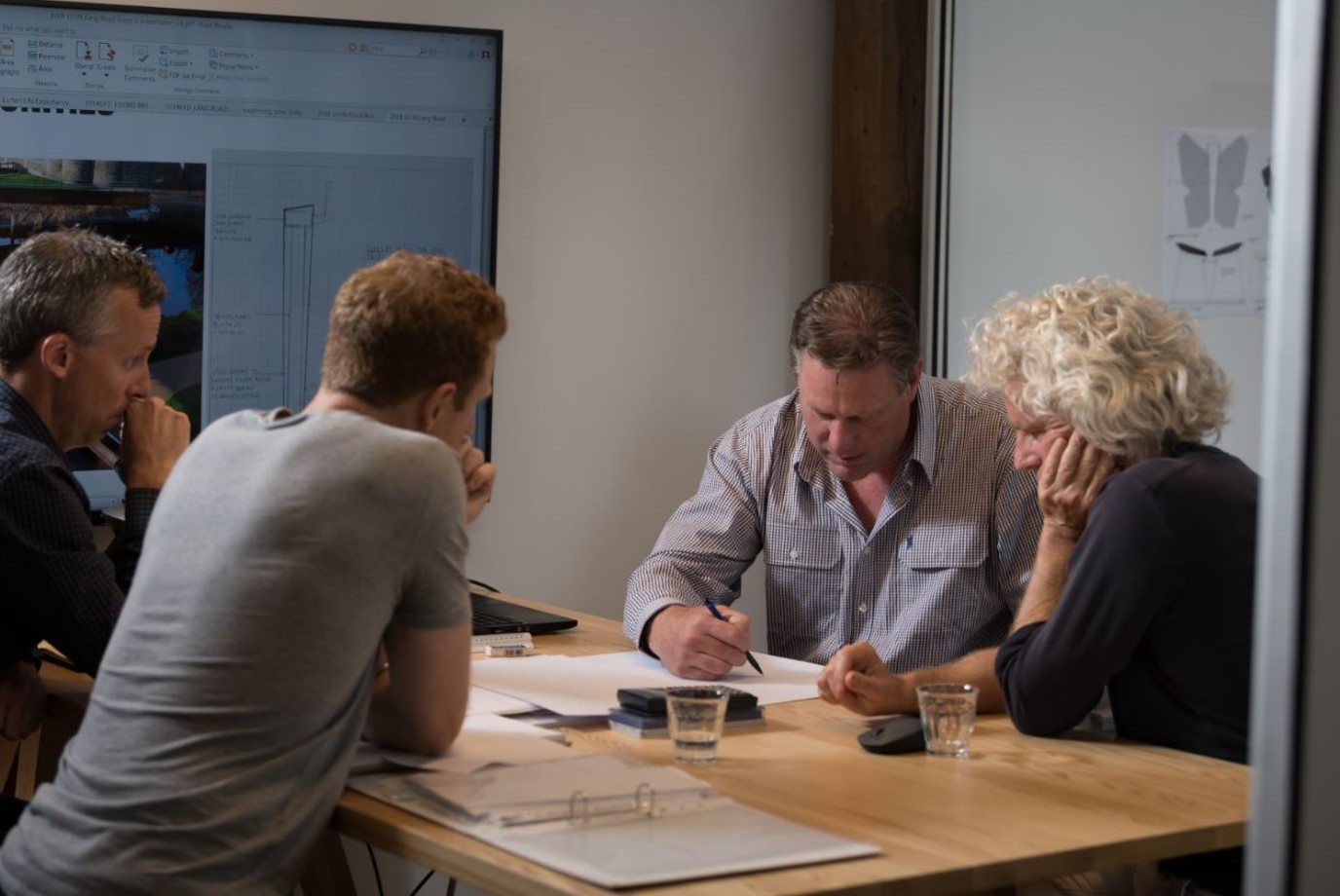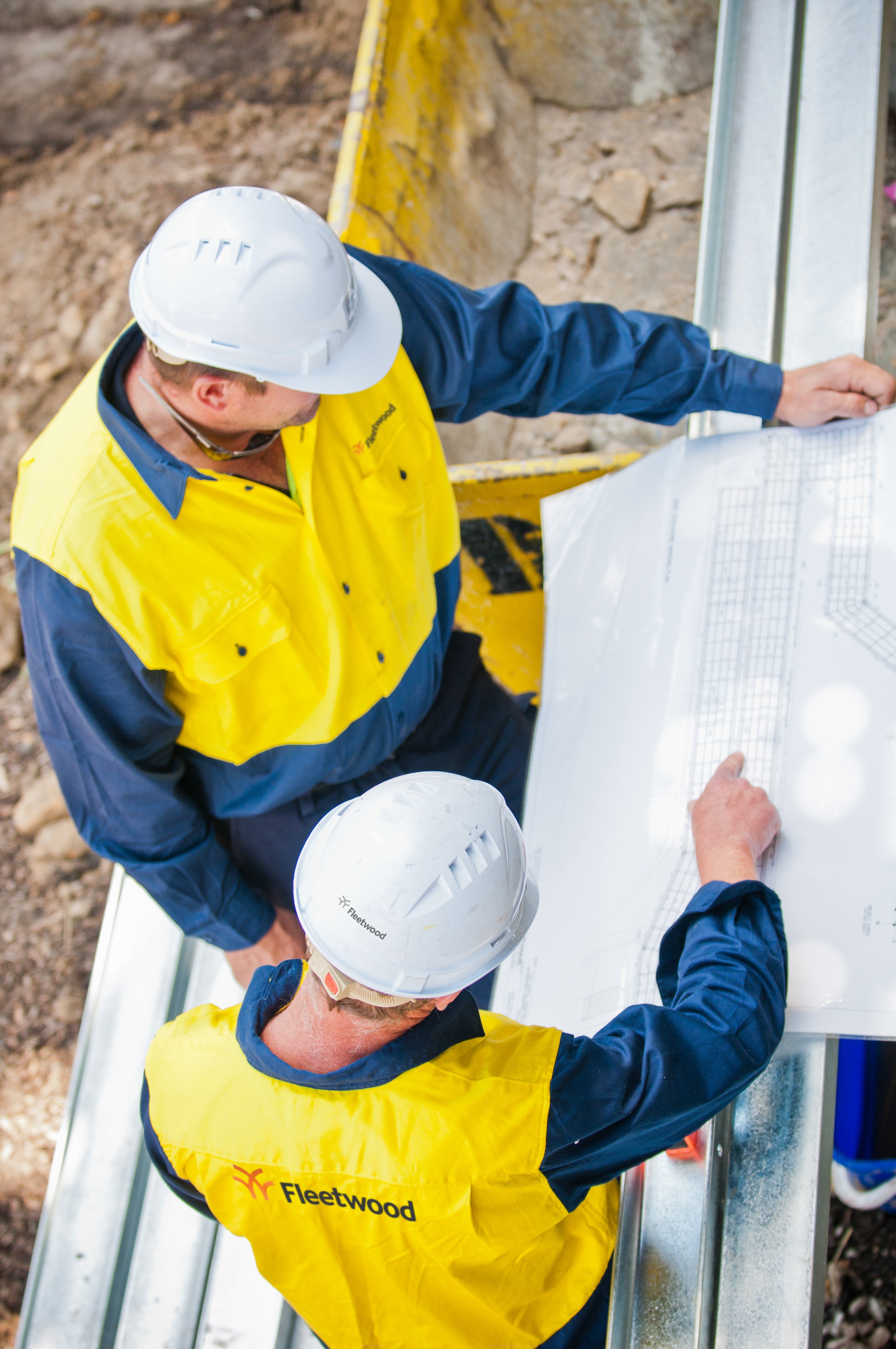Nov 01 2020, by Fleetwood Urban (Marketing)
Staying adaptable in a ‘VUCA’ world: 9 key insights
Over recent years, global consultancy ROLAND BERGER have conducted extensive studies into the issues surrounding business adaptability. In a series of fascinating white papers, they explore the increasing challenges of operating in today’s rapidly-accelerating ‘VUCA’ (Volatile, Uncertain, Complex and Ambiguous) world. Here we take a look at nine of their key insights, many of which hold direct relevance for Australian businesses and project teams working within the built environment and landscape space.
INSIGHT #1: ACCELERATION REVOLUTION
Change has always been part of the business landscape. But, powered by the age of digital disruption, it’s safe to say it’s never happened faster than today. Roland Berger suggests we’re living through an Acceleration Revolution which sees businesses operating in what it refers to as a ‘VUCA’ world. That is, a Volatile, Uncertain, Complex and Ambiguous environment where the traditional approach of ‘set a goal, make a plan, execute the approved plan’ is no longer especially reliable. They argue that the rules of engagement need to be updated to foster far greater elasticity and resilience, both at an individual, company and project team level. Modern business processes need to be reimagined so teams are better equipped for ‘Plan B’ scenarios; specifically, being able to scale up, scale down, or pivot quickly when faced with unexpected challenges or opportunities.
INSIGHT #2: SOLIDIFICATION IS A TRAP
Roland Berger argues that increasingly frequent disruptions and plan changes, in themselves, are not an inevitable consequence of the acceleration revolution. Instead they point the finger of blame largely at inertia, and the historical tendency of many businesses to gravitate towards solidification and consolidation. The status quo may seem comfortable in the short term, but when it becomes too comfortable companies and project teams can quickly lose their agility and ability to react adaptively, preventing them from co-evolving with the working environment that continually shifts around them. Like warming up the muscles in our body, we need to stay limber.

INSIGHT #3: CHANGE PROCESSES, NOT VALUES
From manufacturing and retail to architecture and design, agile businesses are built upon a mindset of constant adaptation. But, critically, Roland Berger explains the most successful are able to do so without losing their core values in the process. Pursuing greater flexibility should never come at the expense of your fundamental business, brand or team identity. Otherwise you lose the very fabric of who you are in the marketplace.
INSIGHT #4: O.P.E.R.A.
Roland Berger are big fans of acronyms and they’ve certainly developed some good ones. We’ve already introduced you to VUCA, but another one that caught our eye was their five guiding principles for creating robust and future-proof operations, a model they refer to as ‘OPERA:
- • O-pen up operations
• P-erfect your value chain
• E-mbrace digital
• R-eorchestrate value generation
• A-ccelerate the learning game
INSIGHT #5: BEING ADAPTIVE IS RARELY LINEAR
In many ways, fostering an adaptive business requires a perpetual balancing act. It’s about finding the ideal combination of speed, agility, capability and culture – and constantly adjusting it as the sands of projects shift around you. According to Roland Berger, this is almost impossible to achieve within classical silos and linear business structures. They instead call for teams to operate in more fluid and empowered networks that allow ‘Plan B’ thinking and processes to be initiated quickly. Doing so allows alternatives to emerge from many different parts of a business or project team, enabling bespoke short cuts and work-arounds that bypass traditional gatekeepers and decision chains – without shaking the entire system.
INSIGHT #6: POWER TRANSFER
Following on from Point #5, another common trait of fast and agile organisations is their ability – and willingness – to transfer decision-making to the front lines. They’ve identified the most adaptive teams generally don’t operate within traditional ‘vertical’ organisational structures. Instead they operate in more flexible teams with far shorter lines of communication between different individuals and skills. What this suggests is that being more adaptable is as much about the design of your teams and the way they interact, as it is about the individuals within the teams themselves.


INSIGHT #7: HOW, NOT WHY
Many teams continue to focus on the ‘why’ when change is required, rather than the ‘how’. Roland Berger’s findings suggest the problem is not one of awareness. Companies and project teams know all too well when they need to make changes. Often, they simply don’t know how. Even when businesses do endeavour to facilitate changes, much of the advice and direction is too abstract, vague or ambiguous. Roland Berger’s clear advice is that concrete frameworks are needed – including clearly-defined parameters, guardrails and checklists. Obviously, finding yourself in the heat of the moment on a worksite isn’t the best time to be thinking about how to be more adaptive. That’s why it pays to think about it … now.
INSIGHT #8: KNOW THE DESTINATION
This may seem obvious. But to be truly adaptable, it’s essential everyone has a clear sense of direction. After all, if you don’t know where you’re going, how can you possibly get there? You risk being distracted by all manner of diversions along the way. The challenge, of course, is how to maintain clarity of direction in an environment of frequent flux, uncertainty and detours. Roland Berger explains much of this is anchored to having clearly-defined values, strong leadership and cast-iron project objectives. As we all know, there’s more than one route to almost any destination, regardless of the project.
INSIGHT #9: THE FOLLY OF STEADY-STATE THINKING
Markets are in flux, customers are changing, industries are volatile, projects and budgets are fluid, and, however painful the process, Roland Berger argues we must be prepared to reinvent the way we do things, time and time again. The almost-mythical pursuit of a perfect ‘steady state’ is fundamentally flawed, and should be replaced with the goal of achieving continuous transformation. In other words, adaptability.



